
Building Stronger Foundations: Working with Children and their Families
Family dynamics play a critical role in shaping a child's behavior and development. The family is often considered the primary social unit where children first learn about relationships, communication, and values. Children are highly influenced by the interactions and relationships within their families, and these dynamics can either promote healthy or problematic behaviors. For instance, a supportive and nurturing family environment can lead to positive behaviors in children, fostering qualities like empathy, cooperation, and self-confidence. Conversely, a family with a high level of conflict, neglect, or inconsistency can contribute to behavioral problems, such as aggression, anxiety, or poor social skills.

Transpersonal Psychotherapy? Holistic Approaches? Reiki? I'm confused!
I often get asked about other various approaches to wellness and healing modalities that are beyond “talk therapy”. There is so much out there that people get confused about what they should try or what might be right for them. They ask, what’s “real”? What's “fake”? There is so much out there. I cannot write an exhaustive blog post of everything that is out there but I will share what a few clients have asked me about in the past couple of months.
Transpersonal psychotherapy is a holistic approach to psychotherapy that goes beyond traditional psychological concepts and explores the spiritual, transcendent, and mystical aspects of human experience. It acknowledges that individuals have a deeper or higher self and seeks to help people connect with this aspect of themselves to achieve personal growth and transformation.

What is a Feminist Approach to Therapy?
Here’s a bit of history…the feminist approach to psychotherapy is a branch of psychology that shook things up during the late 20th century, particularly during the second wave of feminism. This approach is all about challenging the traditional ways of therapy and recognizing how societal power structures and gender inequality affect our mental health. It was like a breath of fresh air in the world of psychology, because it is a move away from white-male-centered dominant thinking within the field.

Navigating the Teenage Rollercoaster
Many teenagers manage to tackle these challenges and come out stronger. You've got resilience in your toolkit, and there are people who genuinely want to help you through these wild teenage years—your parents, caregivers, teachers, and even mental health professionals. So, hang in there! You're not alone in this rollercoaster ride. With a bit of support and a dash of self-belief, you can make it through and come out even stronger on the other side.
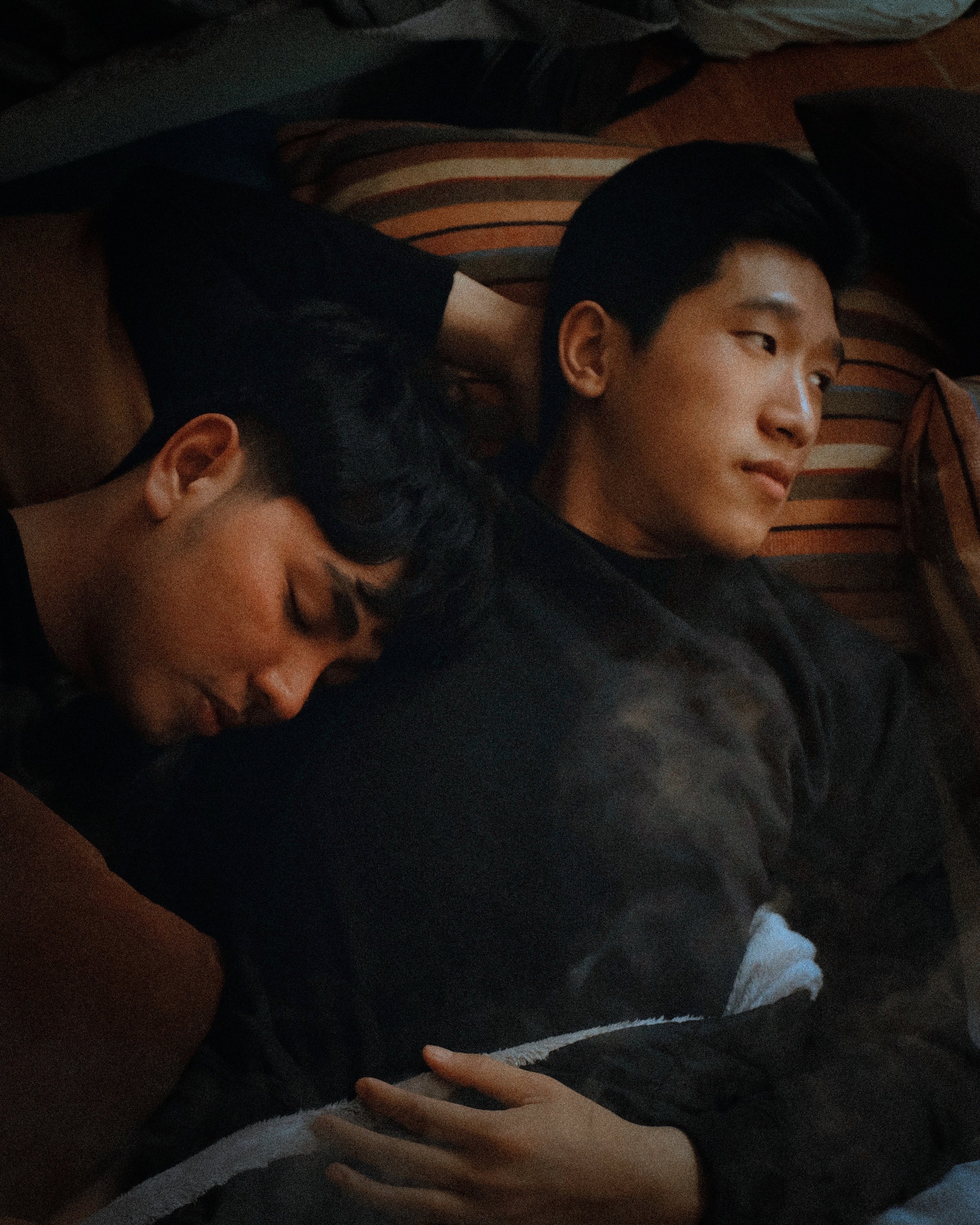
Why I Can’t See You and Your Partner for Individual Therapy
It's not uncommon for individuals to seek help for issues that affect their relationships. Relationship problems can indeed take a toll on one's mental well-being, and seeking therapy is a commendable step toward addressing these concerns. However, there is a crucial distinction between individual therapy and couples therapy, and it's important to understand why therapists often cannot see both partners individually when relationship issues arise. This recently came up for me, so I thought it would be helpful to share the reasons behind this practice and why it is essential for the effectiveness of therapy.

Engagement
The engagement period can be an exciting and transformative time for a new couple. While experiences and feelings can vary among couples, here are some common aspects of what the engagement period might feel like.

Preparing for Marriage or Long-Term Partnership
Discover the key to a lasting relationship and a brighter future with premarital/long-term union counseling. Learn the essential skills and gain valuable insights needed to navigate communication, conflict resolution, and shared values. Explore the often overlooked subjects like financial planning, family dynamics, and legal considerations. Lay a strong foundation for your future together and reduce the likelihood of divorce or separation. Find out why proactive engagement and open dialogue are crucial in building resilient and enduring partnerships. Start your journey towards a successful and fulfilling marriage or long-term commitment today.
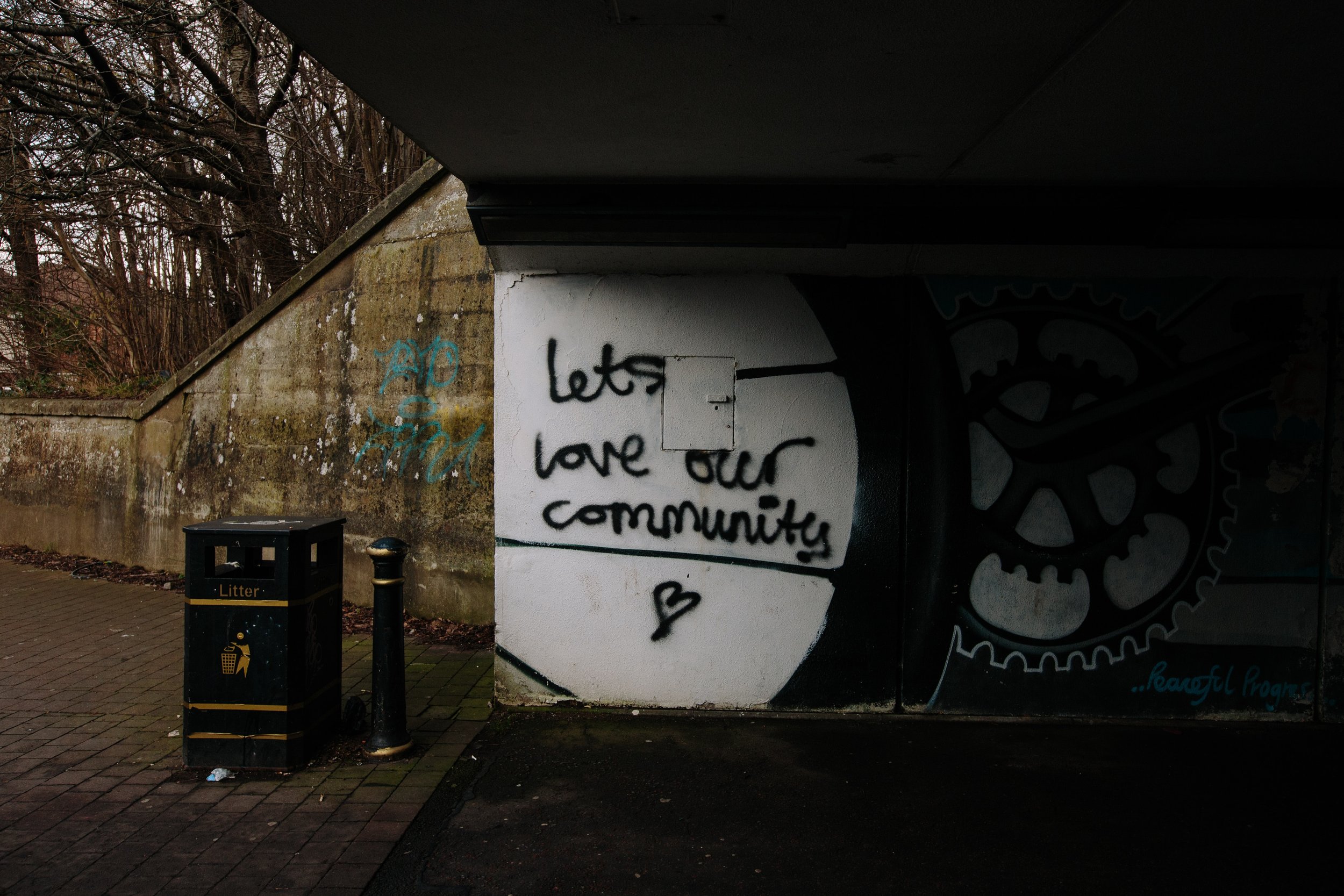
Overcoming Trauma in New Jersey City: A New Jersey Therapist’s Guide to Healing
Living in this fast-paced world, especially as a New Jersey therapist, I can tell you that we're often tossed about by the waves of life, and sometimes, they leave a lasting impact, an imprint - trauma. But let me tell you, it's okay. It's okay to have been hurt, and it's okay to seek help. You, my friend, are resilient and you've made it this far. That's no small achievement. It's a testament to your strength. And together, we can find new ways to navigate these choppy waters.

Digging Deeper, Together: An Inclusive Support Group for Black Men
I heard somewhere that the first time some Black men receive flowers is at their funeral. This stark reality, upon reflection, doesn’t sound much like news—right? Flower-giving, in the broad sense, is a tradition of encouraging intimate connections with one another, conveying warmth, and communicating emotions; to say, “I see you.” Though, for a lot of Black men, being seen is often a luxury, stemming from a culture that rarely, if ever, acknowledges our emotional needs, let alone meets them. This can be damaging to one’s sense of self. When the need to feel connected is neglected by those around us, these feelings can be internalized and cause us to strain or blur our connection with ourselves. How we deal with our emotions is often influenced by how the world around us. From loved ones to the culture we live in, all interactions affect our emotions, especially how they are reflected back to us.

Making Friends Post Pandemic
I’ll be honest, making friends as an adult is HARD, doesn’t matter if you are in your teens or an older adult. During the pandemic, making friends was even harder. As kids, it may have been easier to make friends because we may have been around other people in school, after school activities and even sports. As we get older, making friends gets more difficult. We are consumed by our daily lives which may include working all day, home chores and even parenting. We may even move to a new city or the friends that we have are settling into a new lifestyle, perhaps marriage and kids. During the pandemic, we were all in our homes, which didn’t allow us to socialize with others either. Fast forward to 2023 and you may be finding it hard to connect and make friends. I’ll tell you this, YOU ARE NOT ALONE. This is something that many of us have dealt with or are currently dealing with, we just don’t talk about it as much. As someone who knows many people, but has few friends, I have struggled with this as well. How do we make friends as adults though?
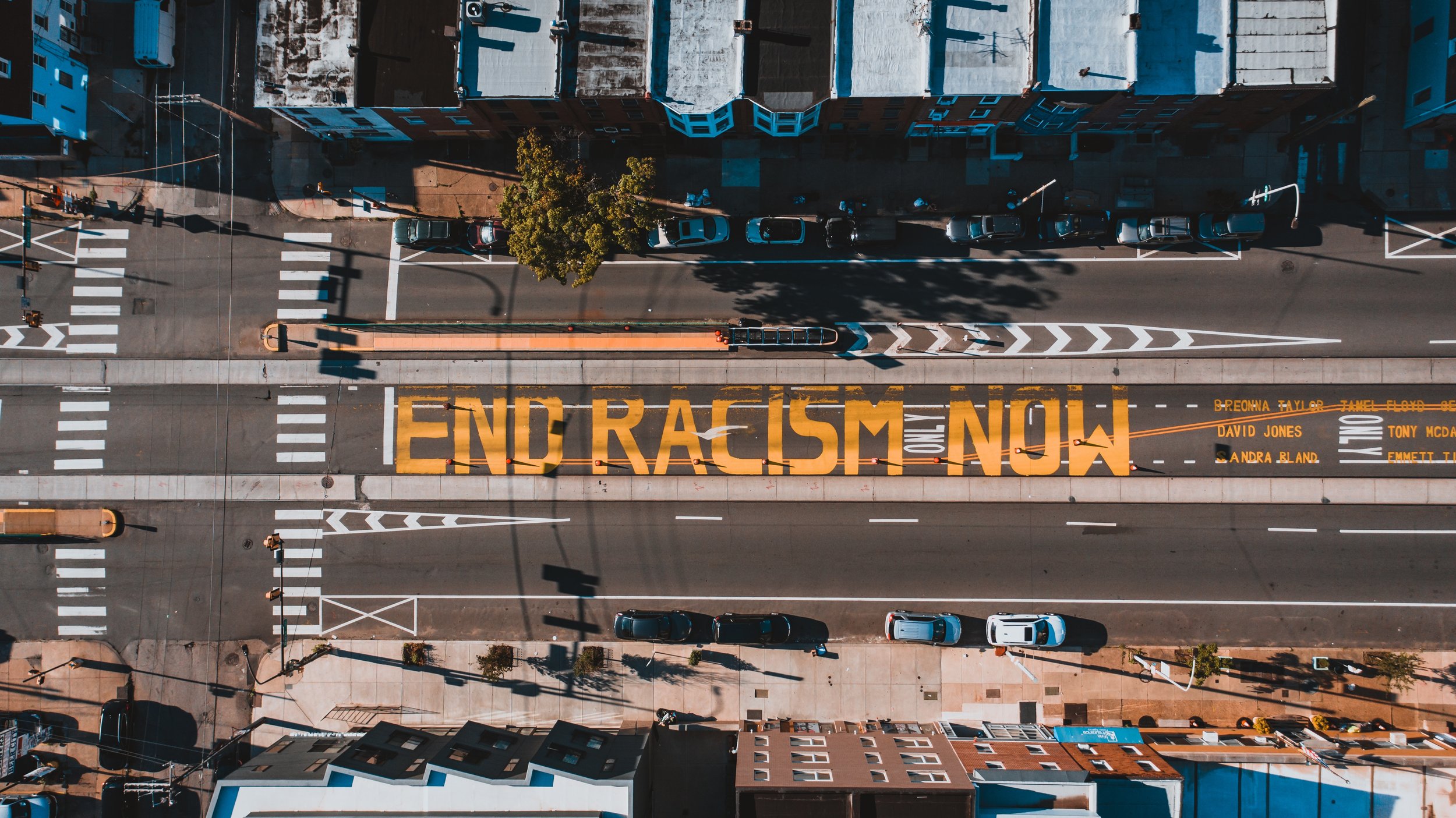
Addressing Racial Bullying
Bullying and harassment of students of color in K-12 schools is a form of racial trauma and is an ongoing issue that warrants our attention. Bullying is a broad phenomenon and experience; however, racial bullying is very distinct and has unique outcomes for individuals of color—especially adolescents. What are the impacts of racial trauma? Racism, discrimination, microaggressions and other forms of hate (physical and non-physical) are linked to negative mental health outcomes such as depression, anxiety, and post traumatic stress disorder (PTSD). Additionally, these experiences may lead to feelings or isolation, and invisibility for students of color. Not feeling heard or seen.

A Story To Help You Reprogram Your Body
As soon as we began to ask the BODY what it was feeling, she started to say that the body felt “heavy,” and she started making motions as if the weight was on her shoulders. Words are very important to DECODING. We found out that my client had been sending messages to her body, conscious and subconscious, telling it to be strong enough to carry the WEIGHT of life: emotions and heavy responsibilities she continued to have with her medical career and family discord. As you may know by now, everything is connected: mind, body, and spirit. Your body listens. Look out for the messages you are sending your body. Look out for these particular words: LIFE IS HEAVY. I HAVE SO MUCH ON MY SHOULDERS.
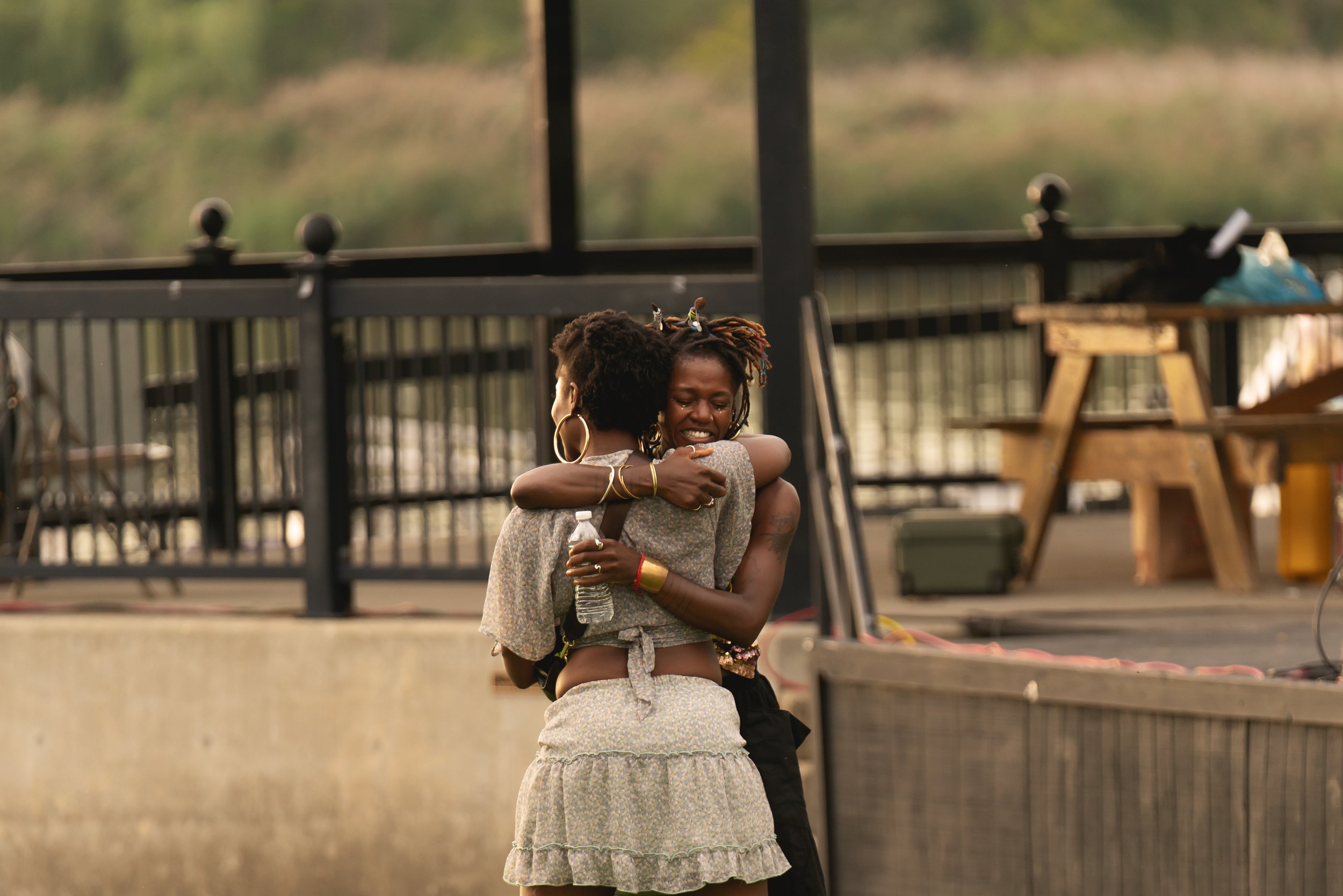
Should?
Should is a set-up for self-blame and a barrier to being gentle and kind with ourselves. Instead of framing our daily activities and troubles with shoulds and should nots, experiment to see what happens if you make a subtle mental shift to “something I am doing” and “something I am not doing” or “something I haven’t done yet.”

You and Your Body Go Together
Somatic therapy is a form of body-oriented therapy that explores the relationship between the body, brain and behavior. It is a process of discovery through feeling and discovering the innermost parts of ourselves. The goal of somatic therapy is to release trauma and stress which has been stored in our bodies, by shifting away from our survival instincts and toward a sense of ease in the body.
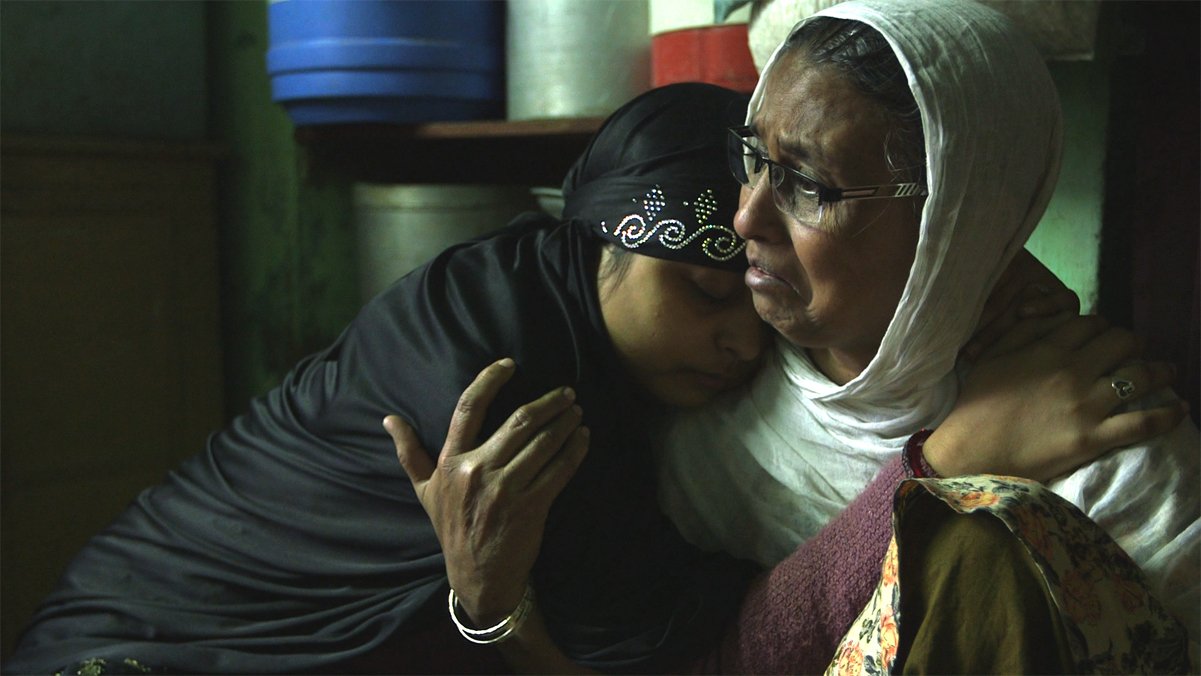
Engaging Compassion
Some clinical methodologies and modalities are designed to support privileged concepts of “normalcy” and/or “adaptation” that can have little to do with the reality of people’s lived experiences. However, a liberated approach to talk therapy does not separate the individual from the systemic and structural issues one faces. Therapeutic conversations from this approach creates multiple access points for healing by acknowledging a both/and to outside forces and personal agency.

Meaning Making and Untangling Our Core Beliefs
We all need safety, connection, meaning, autonomy, peace and more. We do what we can to meet these needs. Before we have the cognitive ability to understand situations in nuanced ways, we interpret information in ways that are developmentally appropriate for children. Without interference, we may unconsciously carry the thoughts and behavior that we learned from childhood into adulthood in more sophisticated ways.

Anxiety as an Ally
The holiday season often triggers anxiety around issues like spending time with family members who say or do hurtful things and maintaining healthy boundaries around eating or drinking. This year, many people have additional worries about contracting and/or spreading COVID-19 during their holiday celebrations, which may feel especially heightened after nearly two years of living in a pandemic. (Not to mention the other systemic concerns that we might also feel anxious about.)

Five Books to Help You Cope with Divorce
Here are five reads that will make you laugh, fill you with rage, uplift your mood, and possibly give you much-needed perspective, as you cope with divorce.

The Guilt of Mothering Solo, an Uneasy Burden
Solo Moms try to do as many things “right” as possible, but there is no such thing as perfection. When it comes to motherhood, trial and error is part of the deal.

Your Child’s Ethnicity Is Different from Yours
Multiethnic families are extremely common—they are as old as the United States itself and are widespread around the world. This recognition of diversity can mean that people are beginning to acknowledge their cultural heritage—and ethnicity, as well.
